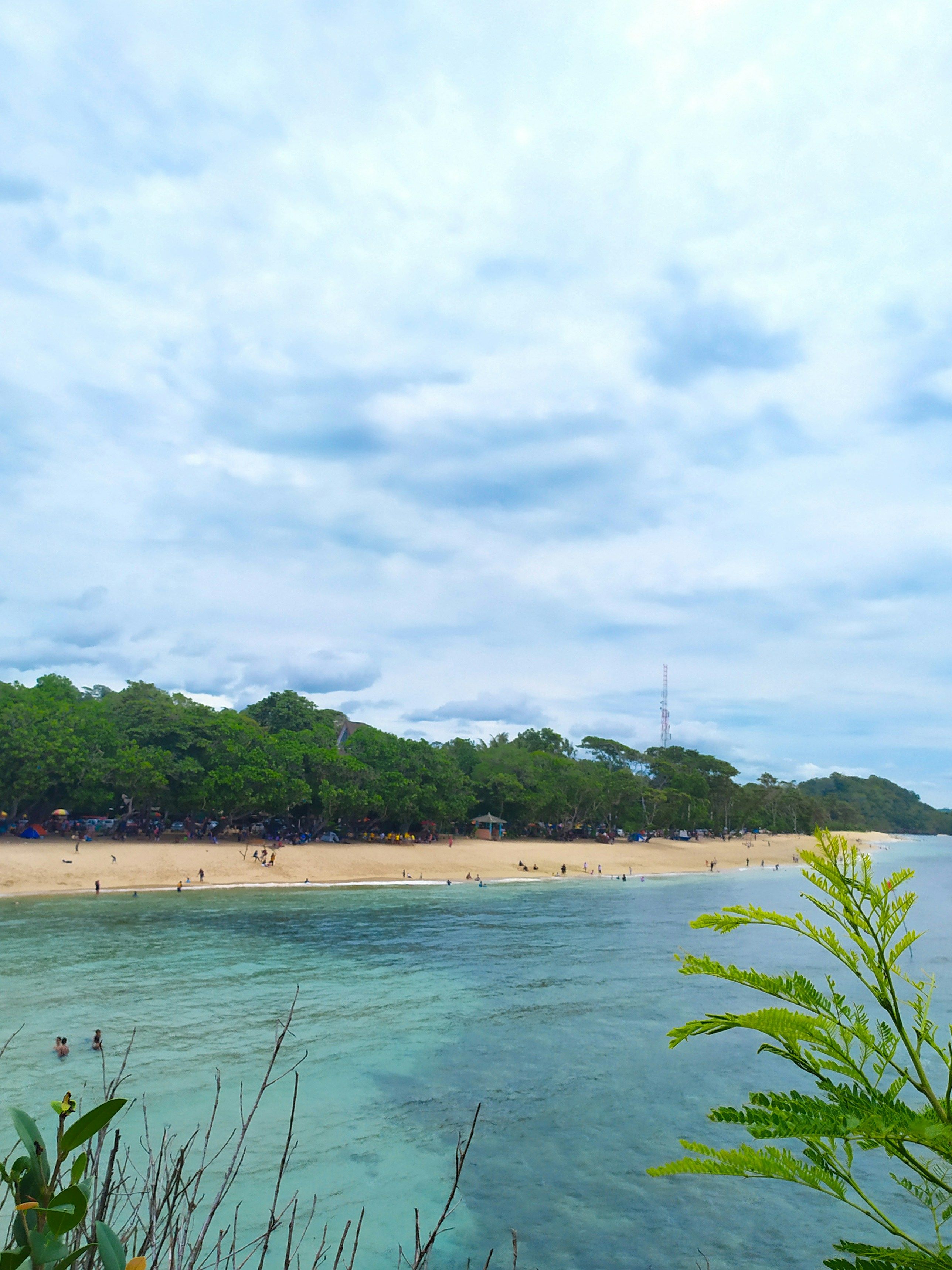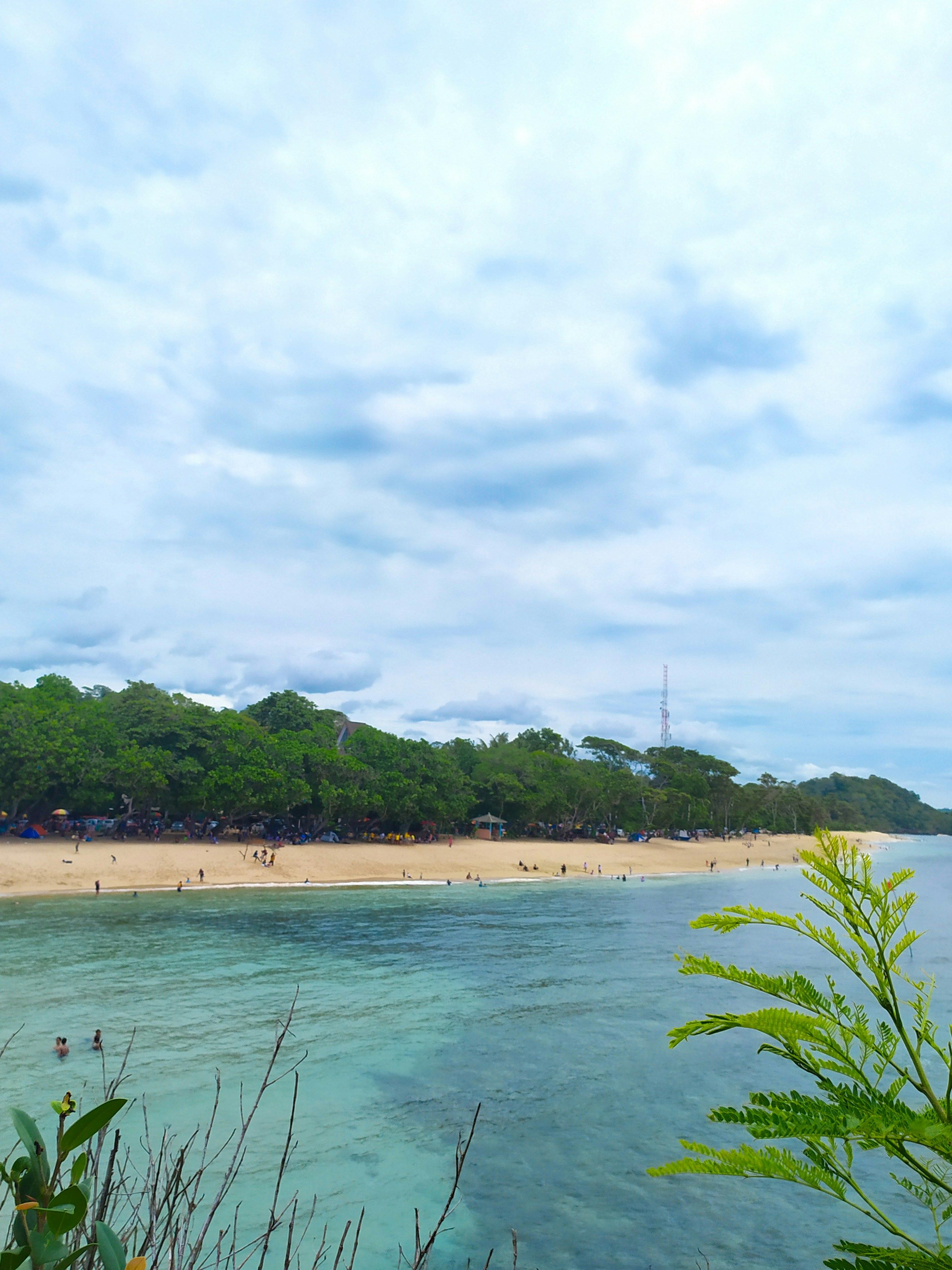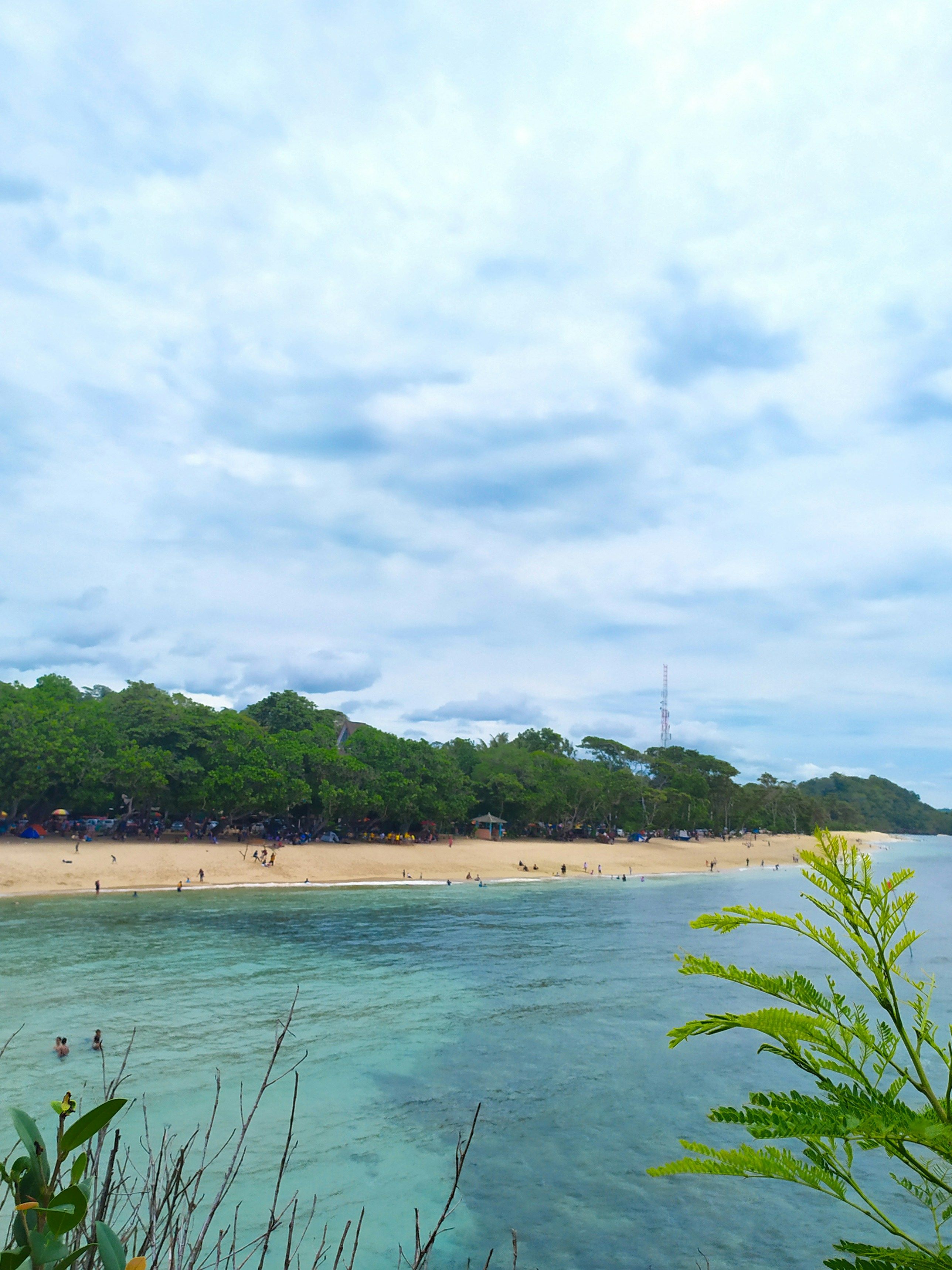War Economy Propels Putin, Peace Is Out of Reach
Unable to sustain tranquility: Putin's financial predicament persists.
Don't hold your breath for a resolution between Russia and Ukraine anytime soon. The peace talks in Istanbul were destined to fail, and it's all because Putin just can't let go of the war - economically speaking. Putin's unwillingness to compromise and his reliance on war economics keep him shackled to the battlefield.
Talk about a stage show! US President Donald Trump, who miraculously skipped the meeting, predicted correctly that it would culminate in disappointing results. Former CIA analyst Rob Dannenberg called the whole spectacle in the Bosphorus a mere peace theater. Putin is plain and simple not interested in an agreement.
Politics; A Never-Ending War
Putin's unwavering belief in military superiority is rooted in his conviction that he's in complete control on the battlefield. However, it's not only the military situation that's driving him to shun peace. The self-imposed economic trap he's stepped into with his attack on Ukraine leaves him with no alternative. If the conflict suddenly ceased and Putin's war economy ground to a halt, it could unravel his power.
Since the start of the attack on Ukraine, Putin has molded the Russian economy to fit a solely war-fighting purpose. Defense spending now accounts for over 7 percent of economic output and consumes an astounding third of state spending. Nearly all free resources are allocated to weapons companies, which has led to a scarcity of labor. The growth of the Russian economy has become almost entirely dependent on the arms sector.
As every war is an experiment, Putin's assault on Ukraine is no different. "The war isn't bad for the economy at first, because it means the state is spending a lot of money," says Janis Kluge of the Stiftung Wissenschaft und Politik. "Spending on weapons and soldiers acts like a massive stimulus package."
Politics; A Turning Point for War Economy
The influx of cash into the military is stimulating growth and employment in Russia, but it also signifies that Putin's war economy is nearing its limit. There simply aren't enough construction workers, bus drivers, or police officers in Russia because more and more men are being conscripted as soldiers. "Paradoxically, the same factors that are increasingly restricting Russia's ability to wage war are also making it more difficult to achieve a simple peace," warn Marc De Vore of the University of St. Andrews and Alexander Mertens, professor at the Kyiv-Mohyla Academy as early as last November in "Foreign Policy".
Ceasefire Could Yield Devastation
Abruptly ceasing the Russian war machine would bring about an economic disaster. The Kremlin economy's extreme dependence on the production of tanks, rockets, and grenades means that the crash would be severe if demand for these weapons suddenly evaporates. The hyperactive military demand has driven up wages, pushed interest rates to astronomical 21 percent, and made it nearly impossible for small, non-military companies to secure funding.
If hundreds of thousands of soldiers were to return from the frontlines, Putin would find himself in a bind. An untold army of scorned veterans could quickly amass discontent, posing a direct threat to Russia's stability. The non-military sector of the economy would struggle to provide jobs for these returning soldiers in the short term. Putin still grapples with the legacies of the Soviet Union's demobilization, which led to widespread poverty and turmoil.
Politics; Economic Threats and Expansion Plans
If the economy plunges, dissatisfaction could turn against Putin, making peace an attractive alternative. However, hungry for more, Putin might opt to expand the war to neighboring countries to capture new resources and sustain military spending. This approach is not unprecedented; dictators like Julius Caesar, Napoleon, and Saddam Hussein have employed this strategy to fund their millions-strong armies and keep their soldiers active.
With military superiority, Moscow could threaten neighboring countries to unfreeze assets, lift sanctions, or restart gas pipelines. In a bid to maintain the war machine, Putin might attack more neighboring states to stay afloat. Even if Putin agrees to peace, it's less about laying down arms and more of a tactical maneuver. "Regardless of how Russia ends its current war, the economic realities of the country will generate new forms of insecurity for Europe," warn DeVore and Mertens. The war economy and the war go hand in hand for Putin.
- The reliance of Putin's war economy on defense spending, accounting for over 7% of economic output and consuming a third of state spending, has made the Russian economy almost entirely dependent on the arms sector.
- If the conflict between Russia and Ukraine were to cease suddenly, it could lead to an economic disaster as the Kremlin economy's extreme dependence on the production of tanks, rockets, and grenades means that the crash would be severe if demand for these weapons suddenly evaporates.
- As the war economy propels Putin, peace might not be within reach due to economic threats and expansion plans. Hungry for more resources, Putin might opt to expand the war to neighboring countries to capture new resources and sustain military spending, a strategy employed by dictators like Julius Caesar, Napoleon, and Saddam Hussein.








